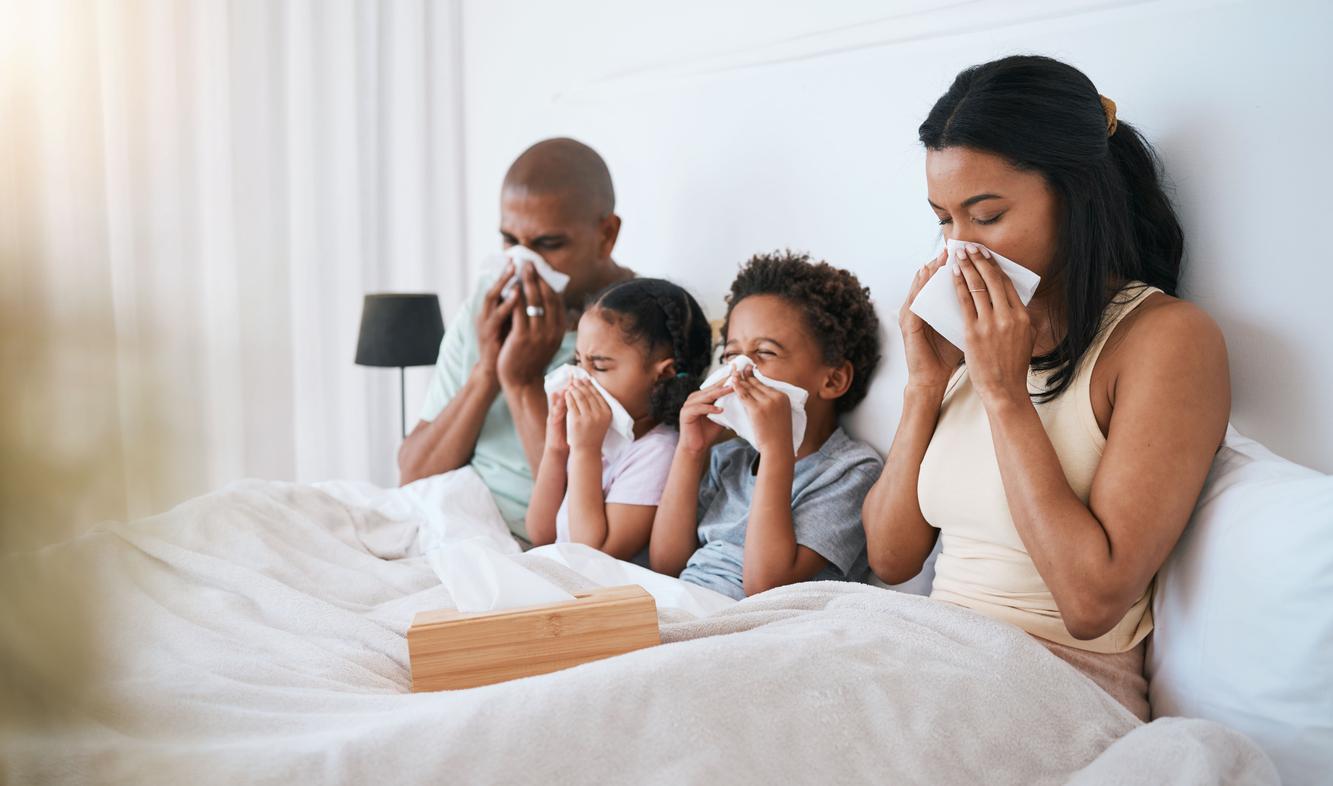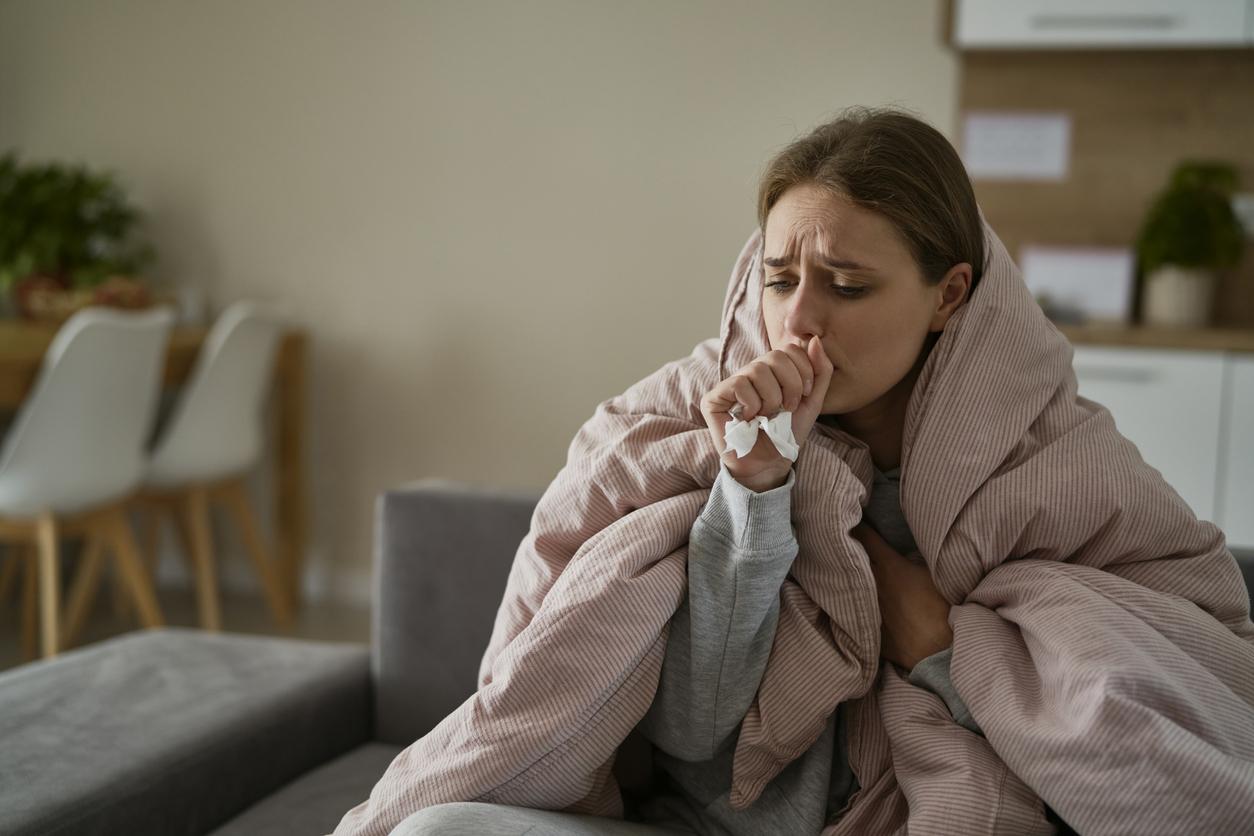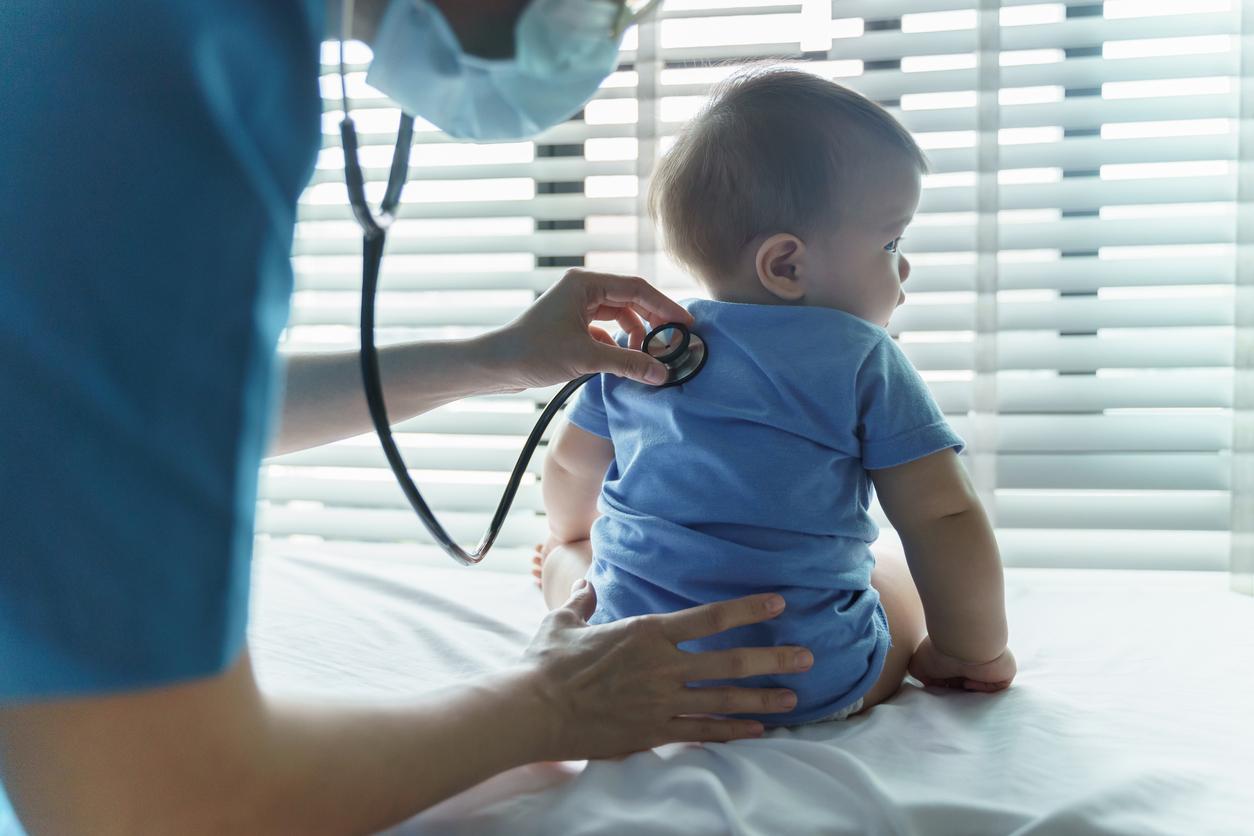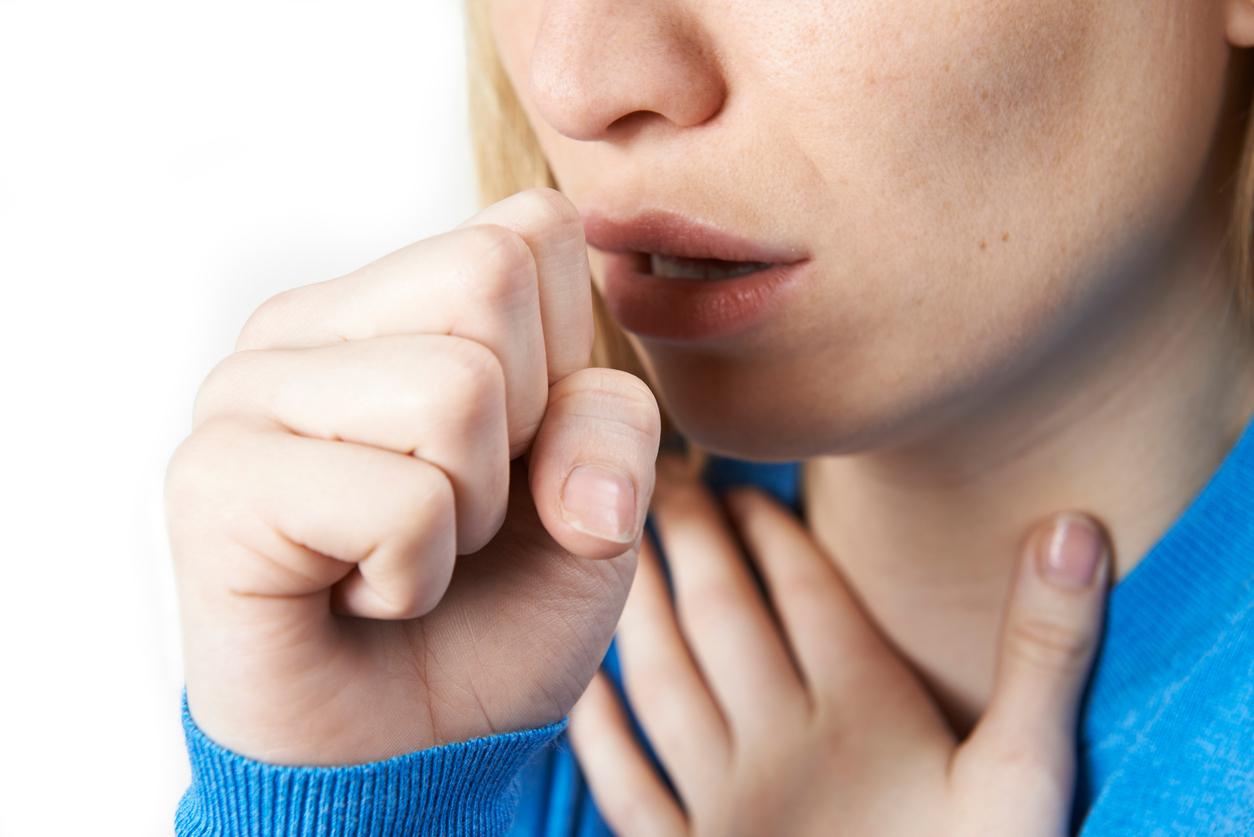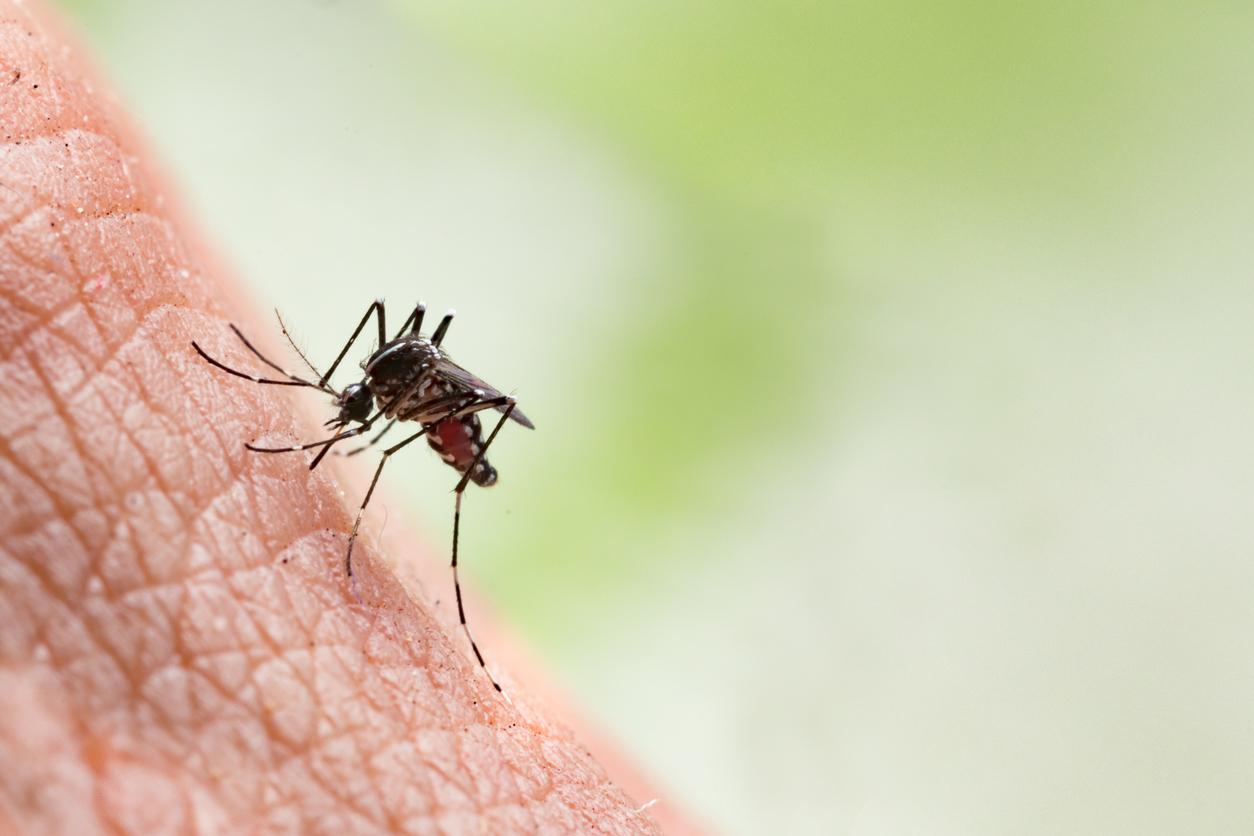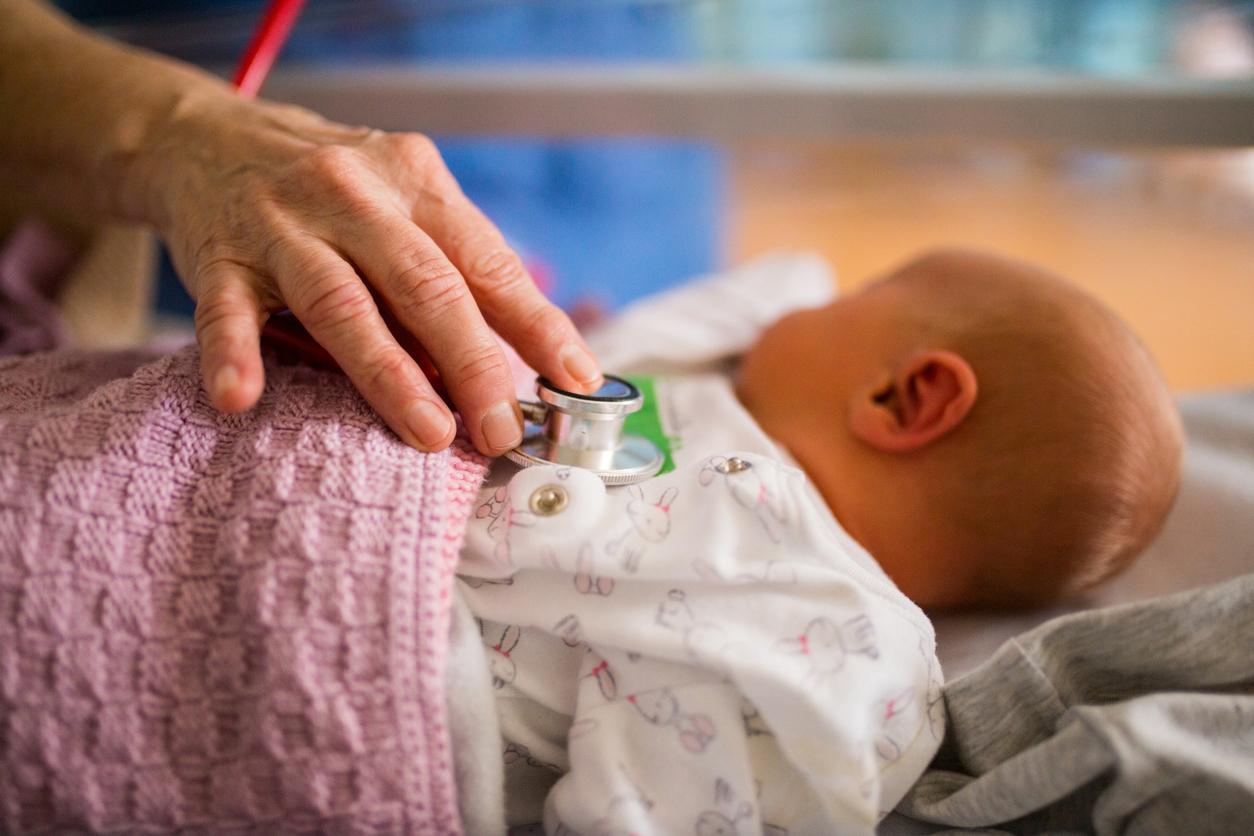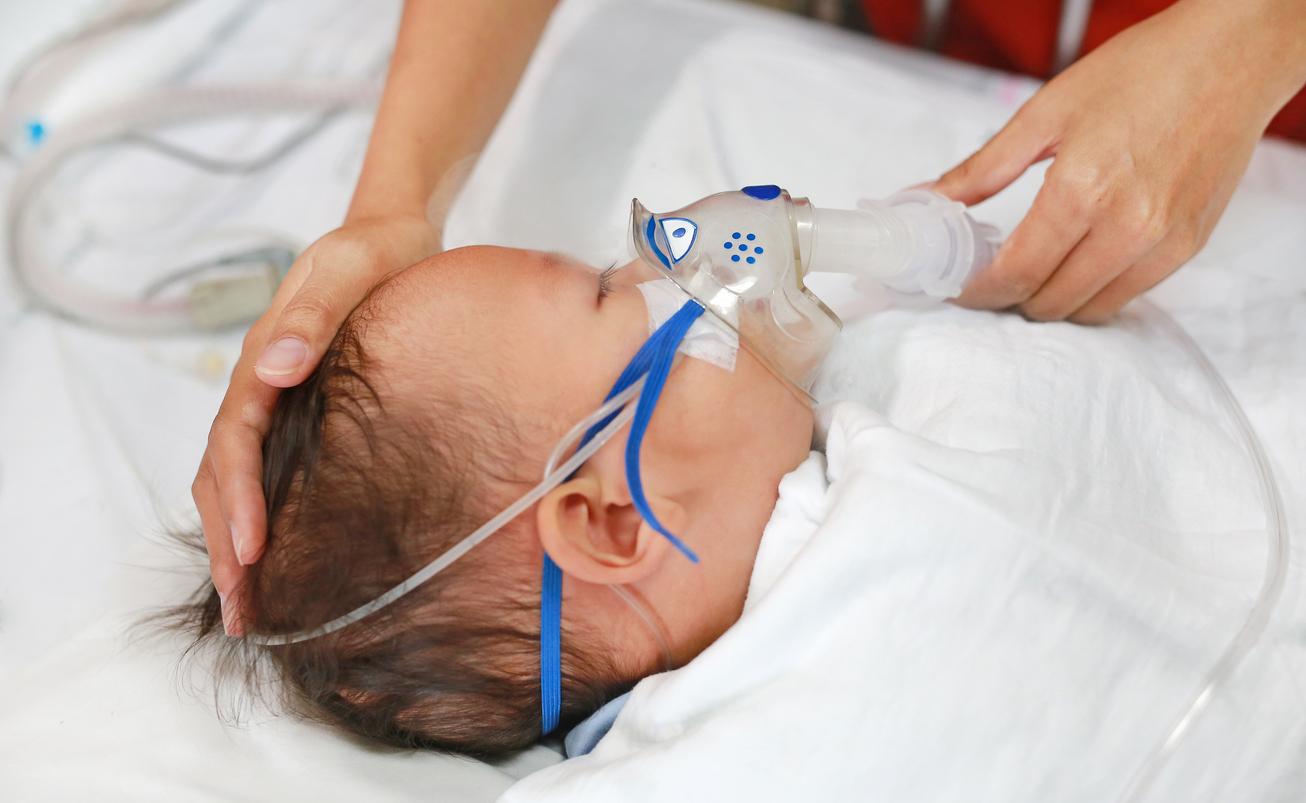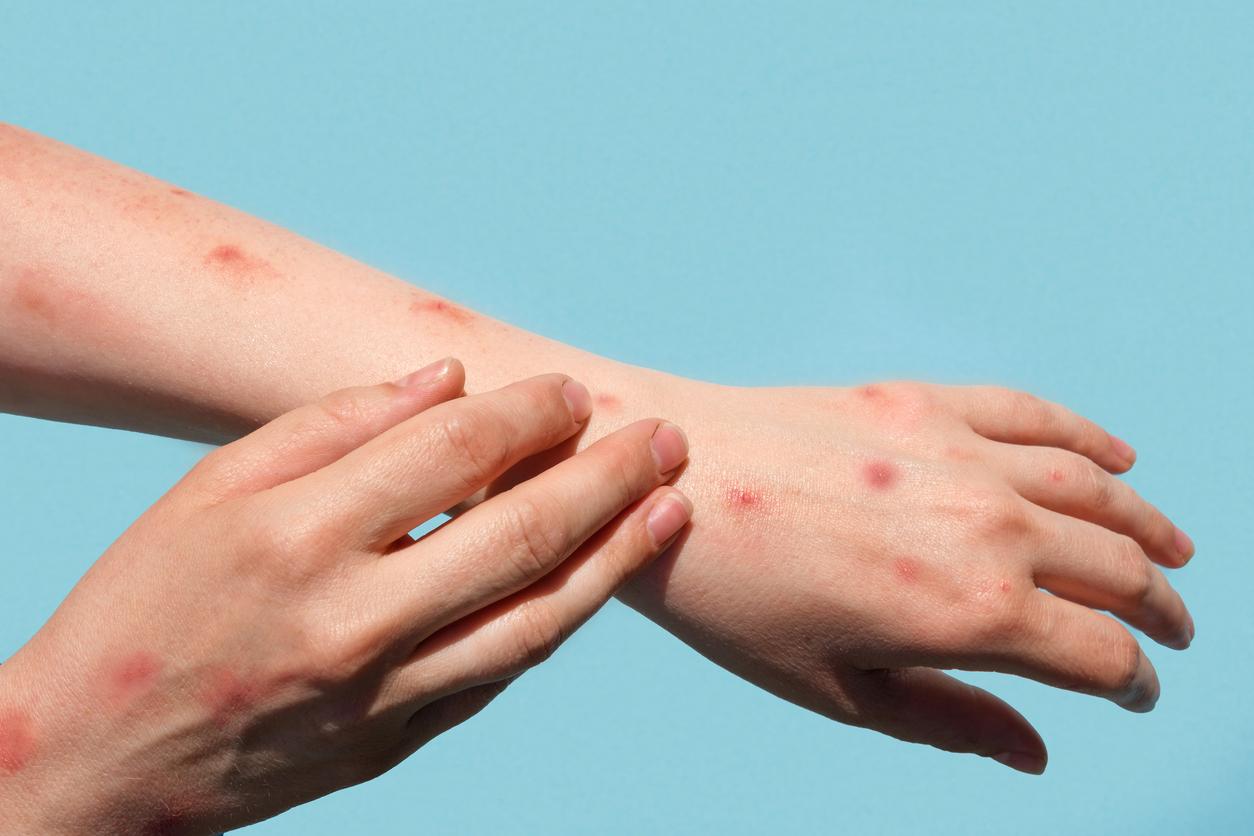A nurse from the intensive care unit of a Seine-et-Marnais hospital tells us about the daily life of the nursing staff who try everything to save “Covid patients” and who are sometimes, for lack of means, forced to improvise.
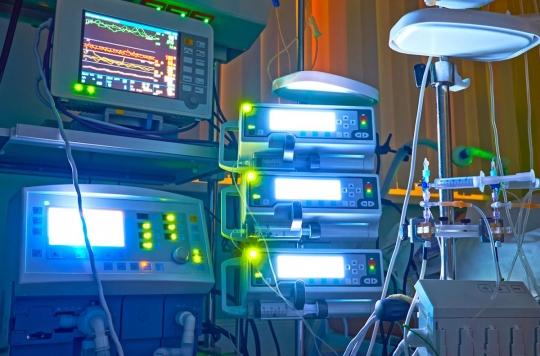
Lack of means, places, staff, equipment… Justine*, 28, is a nurse in the intensive care unit of a Seine-et-Marnais hospital and tells us about the daily struggle of the nursing staff who try to save “the Covid patients” in serious condition.
How are your working days going in the midst of a crisis?
They are intense, we have no respite, the workload is multiplied by at least 3, if not more. Our health executive warned us that all of our rest days would be skipped and that we would have to be available every day. The day-night rotations were already disorganized before this crisis, but now we can alternate them in the same week. This has nothing to do with usual, we no longer receive the same profile of patients: those, without the virus, would not have needed to be hospitalized in intensive care. We had 22 beds in intensive care and 12 beds in intensive care, we now have 46, all occupied by patients infected with Covid-19. We had a peak two weeks ago and service filled up in 2 days. We don’t even know where our usual patients are, whether they have been transferred elsewhere or not.
Did you receive reinforcements?
To take on the 46 beds, we were lucky enough to see former colleagues return: a liberal nurse, a nurse who had retrained signed a one-month night contract to help us, some who left for pediatric emergencies are income, as well as two dialysis nurses specializing in resuscitation, medical students and former resuscitation nurses who left to specialize in anesthesia have returned to us to validate their internship. Last weekend, we also received reinforcements from Avignon and Marseille: caregivers, nurses and a doctor who had registered on the health reserves. They are fed and housed near the hospital and shuttles provide transport. They don’t necessarily have experience in resuscitation, but they help us. Even skipping our rests, we couldn’t have taken on 46 beds alone.
Have any nursing staff been infected?
Yes, two doctors tested positive, but they continue to work because it is not a severe form and there is a shortage of doctors. Several of us had symptoms, but we were not tested. At first, when we were instructed to send Covid patients to Paris, I had some symptoms during 3 days off. I told my manager, but my condition improved so I went back to work. Four pregnant caregivers stopped at the start of the crisis in order to avoid any risk of contamination.
Does your service lack equipment?
We borrowed 12 beds from pediatrics to redevelop the service, which we transformed into a resuscitation bed thanks to the respirators that we received. We did what we could. Every morning we are given two surgical masks and two FFP2 masks for the day. All masks are stored under lock and key, stock is controlled. We are asked not to be wasteful. On the other hand, we lack gowns, so we are asked to save stocks and keep the same throughout the day, whereas before we changed between each patient. The context was already difficult before this health crisis, but we did not lack equipment. Today we are calling for donations. The situation is such that we are adapting our prescriptions. Doctors ask us to mix certain drugs to save syringes when they know that it poses no danger to the patient. The department heads are doing their best so that we don’t run out of medicines.
What is the therapeutic approach to treating “Covid patients” in intensive care?
Almost all of the patients occupying the 46 beds are serious cases. Almost all of them have the same clinical picture when they come to us: pneumopathy, that is to say pulmonary inflammation of viral origin that is very hypoxemic, which means that the oxygen saturation in the blood is very low. This is typical of Covid patients. We do not treat the virus, but the symptoms. For this, we are forced to plunge them into an artificial coma and ventilate them. Connecting them to a respirator helps bring the oxygen in the blood up to the level you need. Sometimes, they are positioned on the stomach, which opens the alveoli in the lungs and promotes their oxygenation.
The problem is that when the syndrome is so acute, the coma can last a minimum of 2 weeks, a maximum of a month. The care is quite long, the patients therefore stay at least 2 weeks in intensive care, there is little turnover, which prevents us from treating many patients. The analysis of blood gases and the parameters on the ventilator allow us to know the respiratory status of the patient and to observe any improvement. When this is the case, the patient is usually discharged quickly. On Saturday, we took a patient out of a coma, his condition was stable, so he was transferred to pulmonology during the day.
How do you maintain communication with the families and inform them of the state of health of their hospitalized relative?
Families cannot come, the hospital is closed to all visits. We tried to set up 2 calls per day (morning and evening) to a single referent in the family. Nevertheless, the workload is such that we do not always have time. Sometimes the doctors call, the interns, the families also contact us on their side, we do what we can, but it’s complicated. Overall the families are understanding and know we are overwhelmed.
How old was the youngest deceased patient?
He was 42 years old and had asthma. Another was 58 years old and had no serious pathology. Covid children have been hospitalized but only as a precaution. There were no serious cases. The youngest I saw in intensive care was 37 years old. Asthmatics, smokers, people already suffering from a pathology related to the lungs or heart failure are most at risk.
What do you think of people who continue to go out despite confinement?
I think people don’t realize the seriousness of the situation and they don’t realize what’s going on. They think they are safe, but given the profiles we receive, even we are afraid: we don’t receive elderly patients, unfortunately we don’t even see them anymore. The awareness campaign must be intensified. People need to understand that it’s important. Many are skeptical about what they hear on TV, that’s why my head of department accepts journalists in the department, to raise awareness and call for donations. This is serious.
* Justine is an assumed name
.








